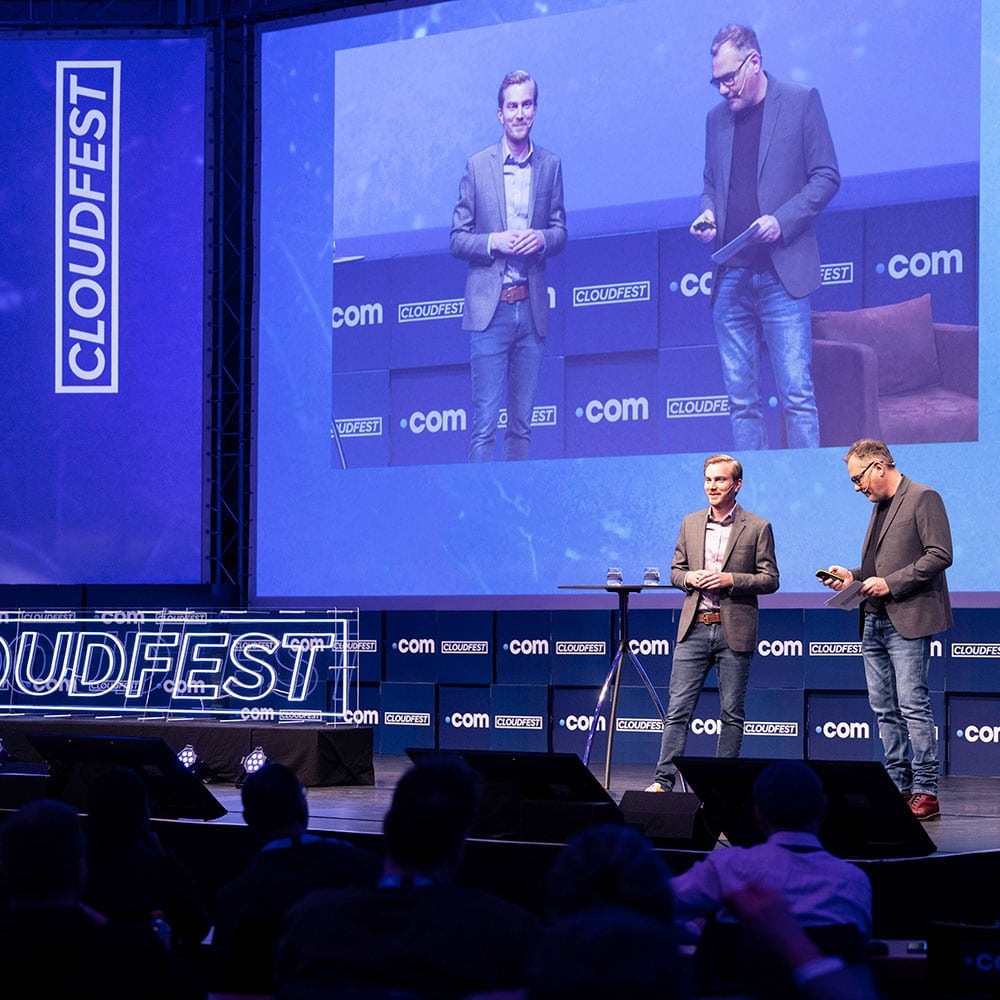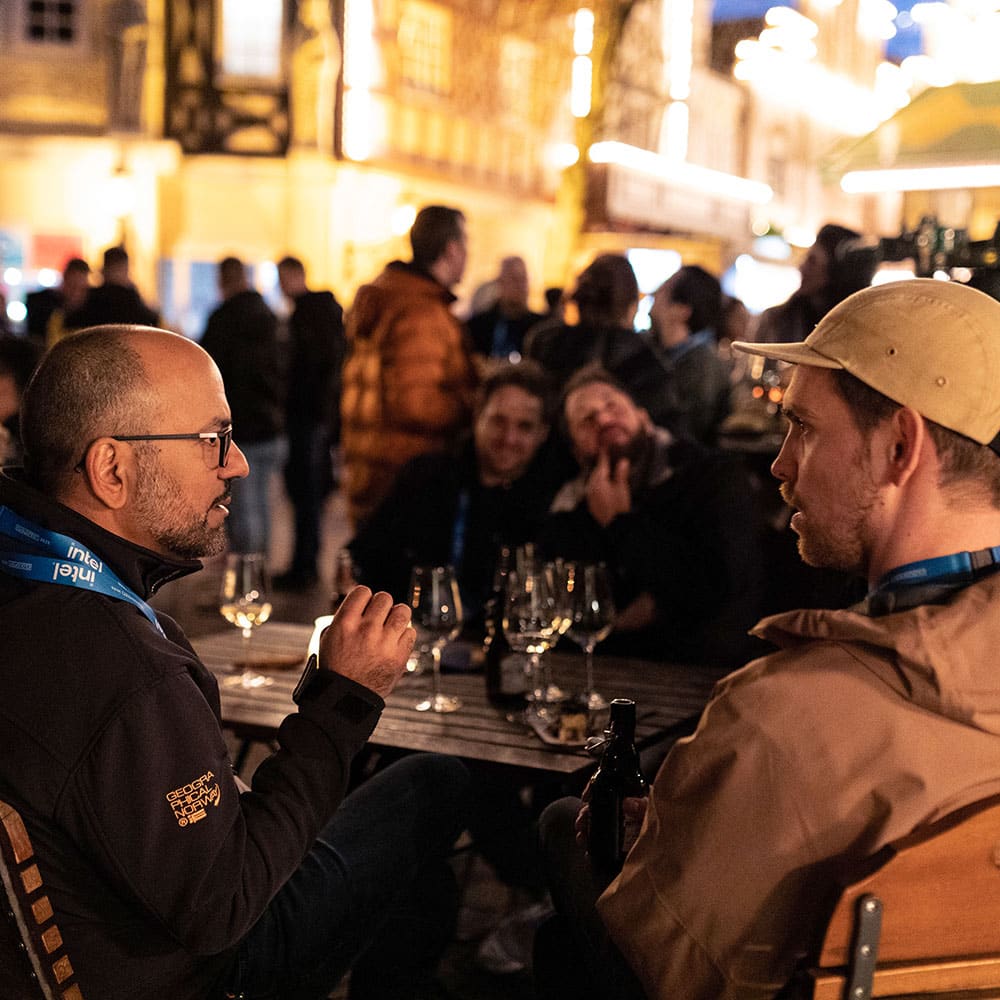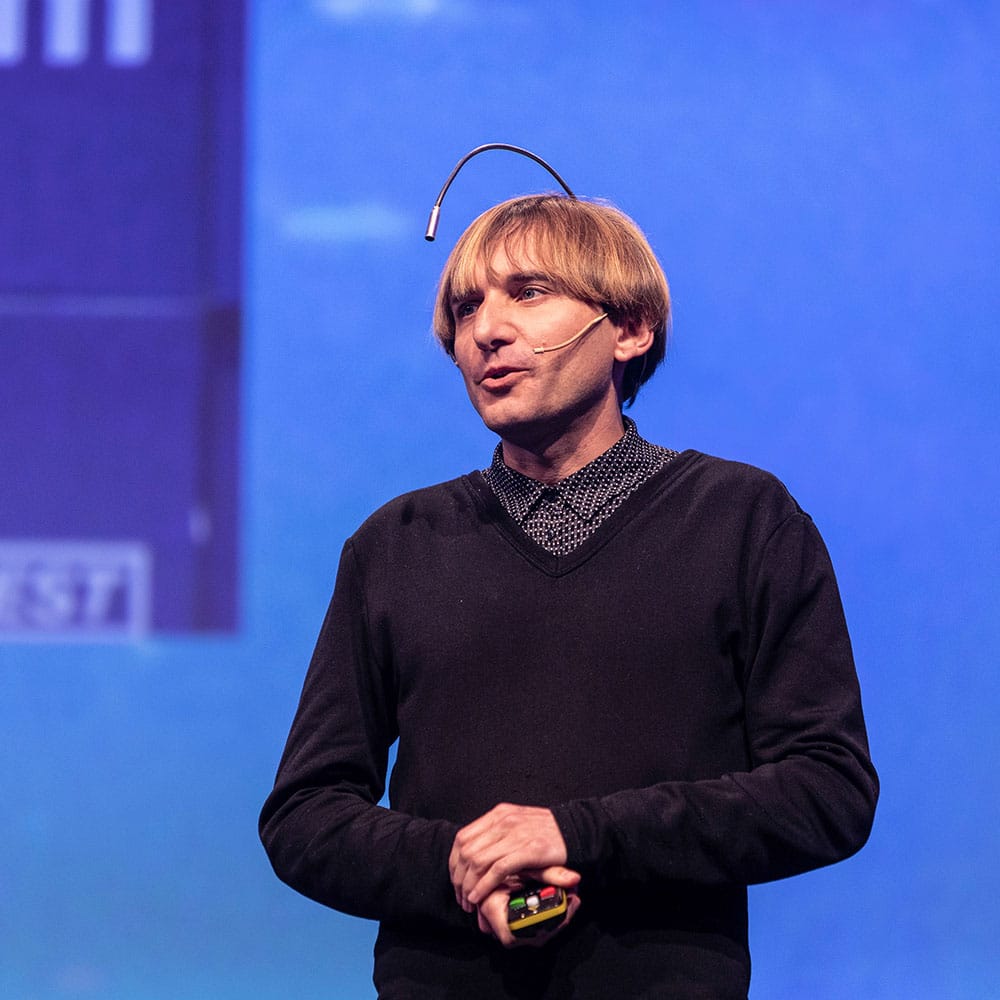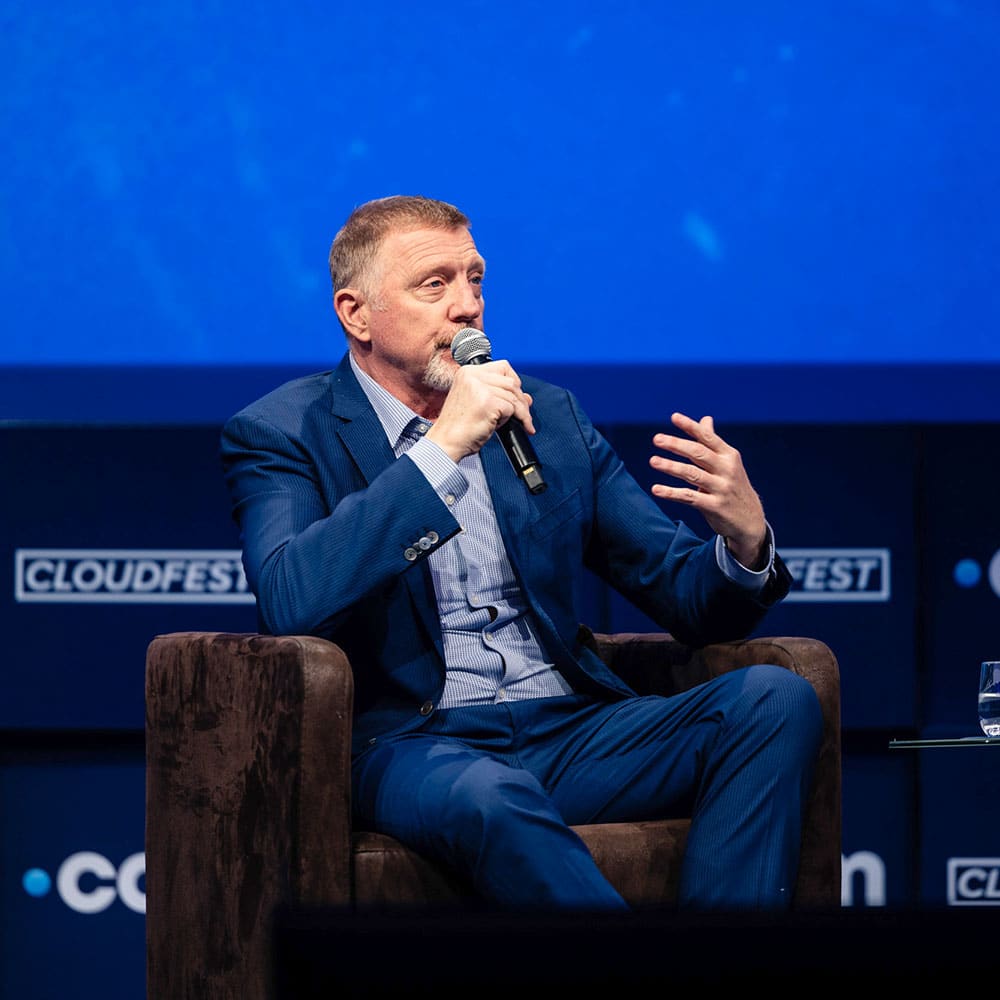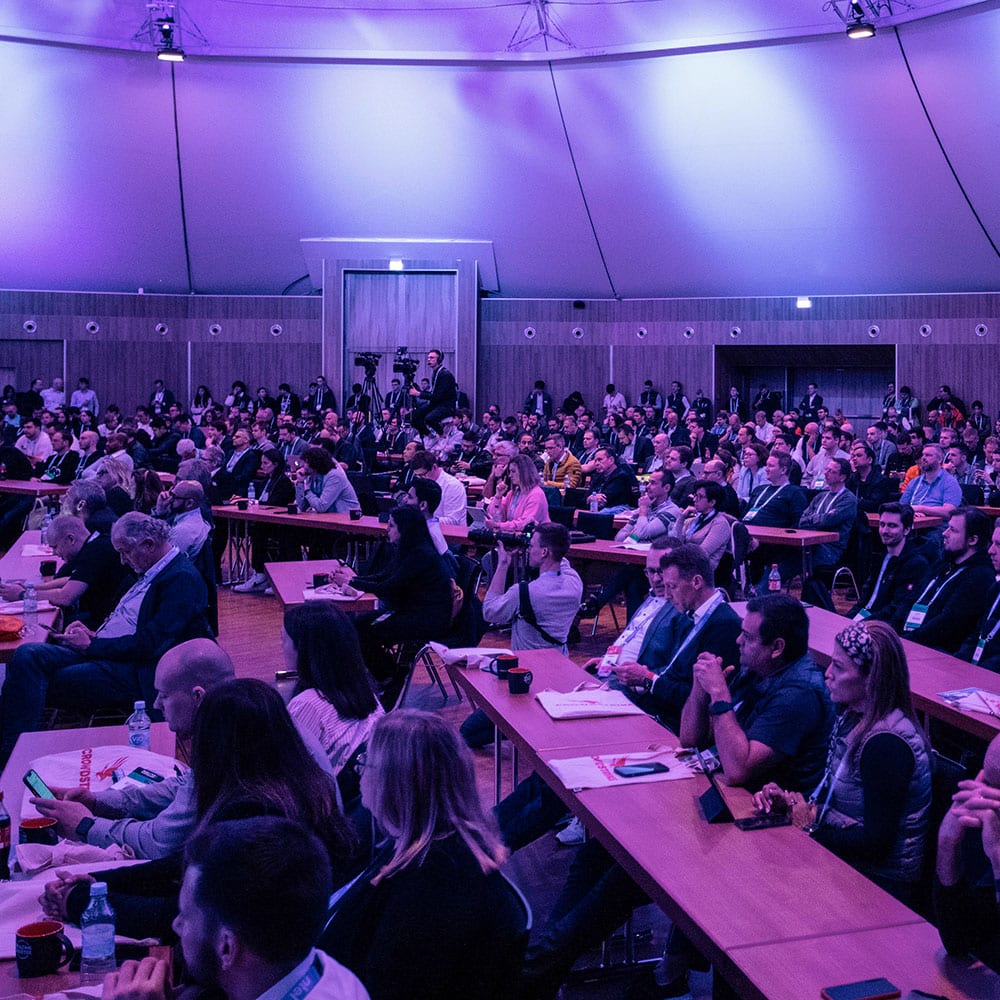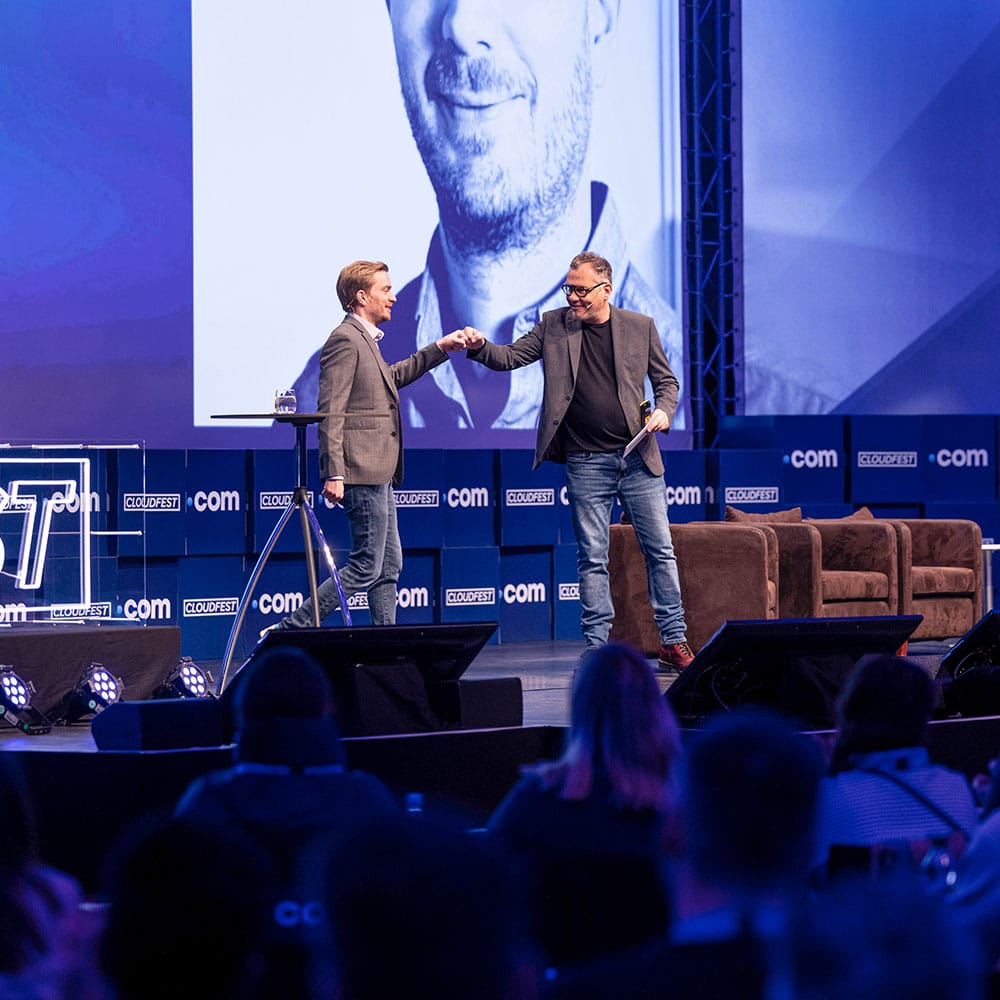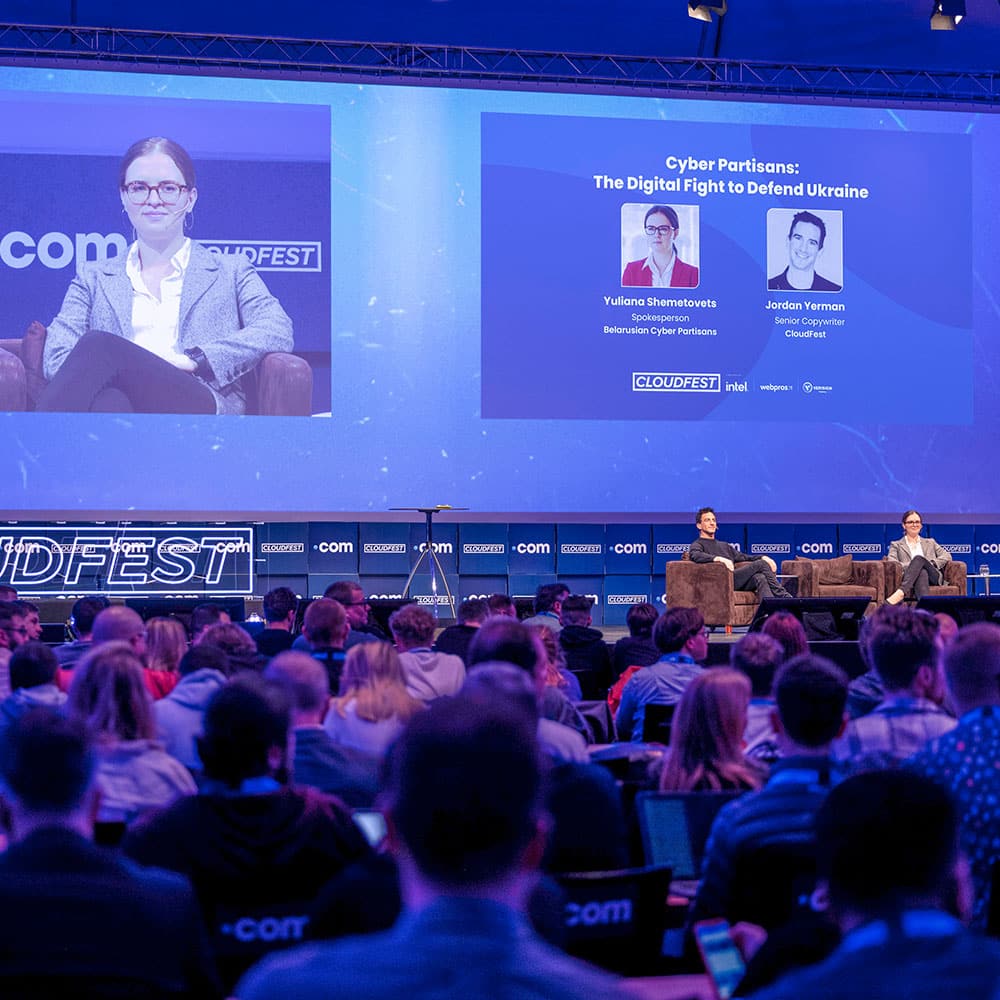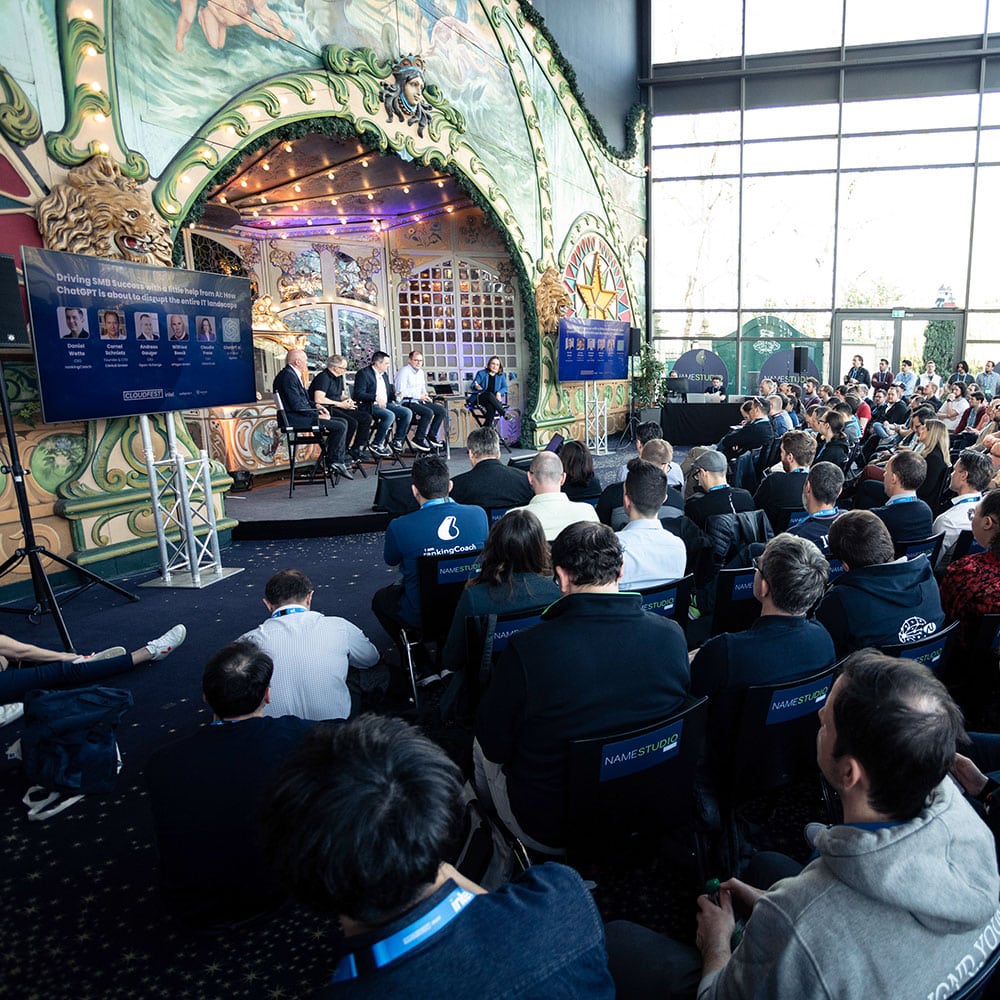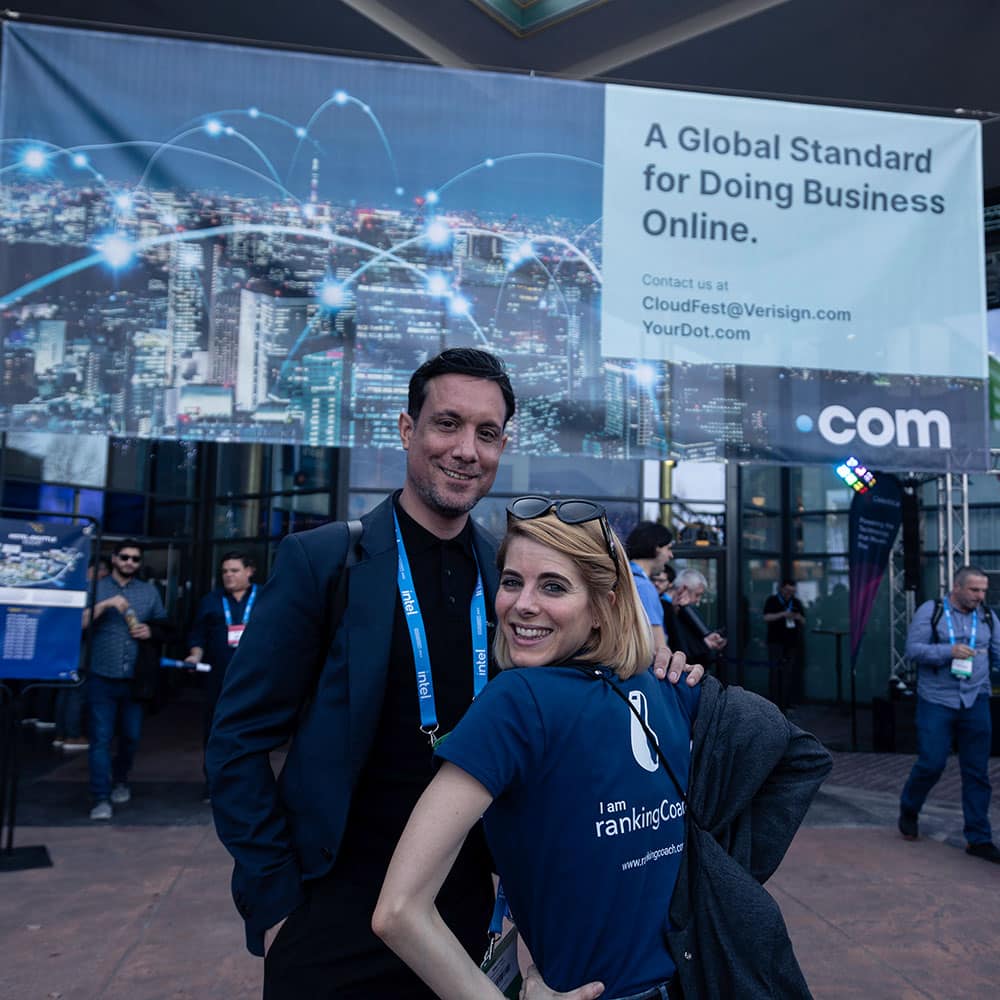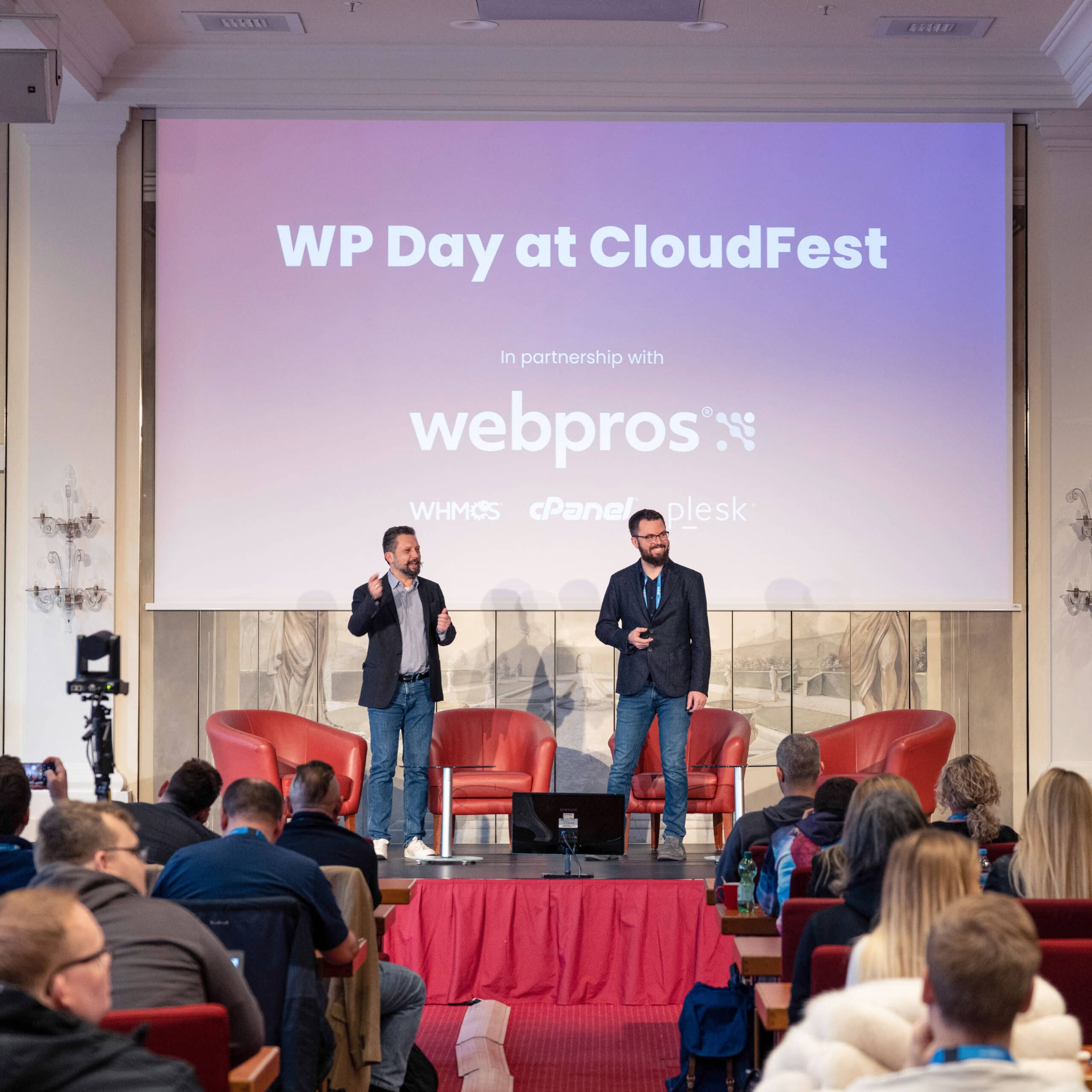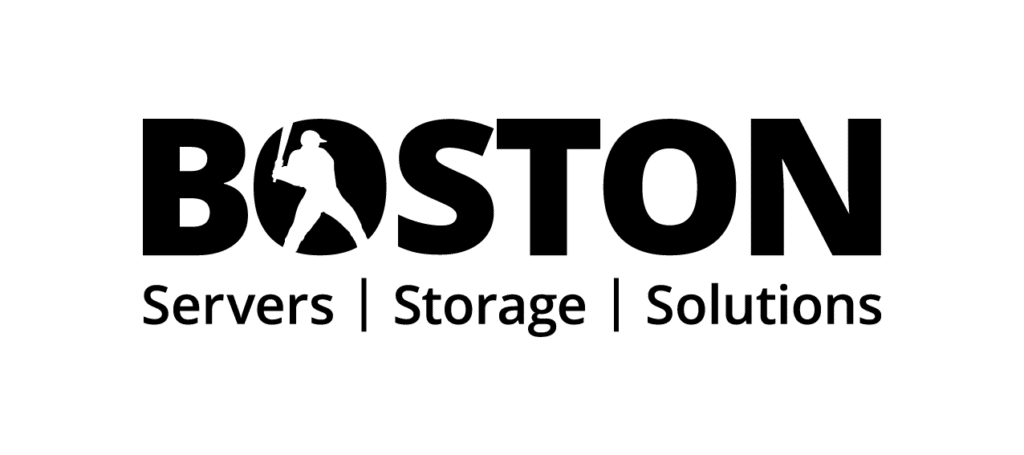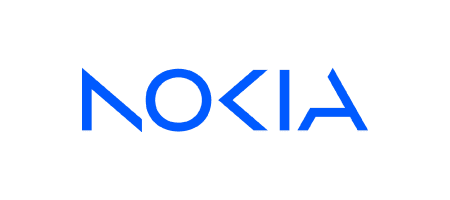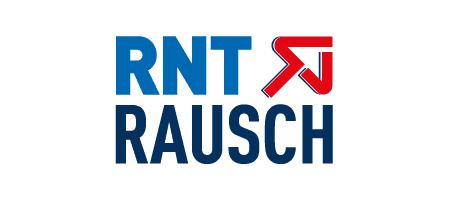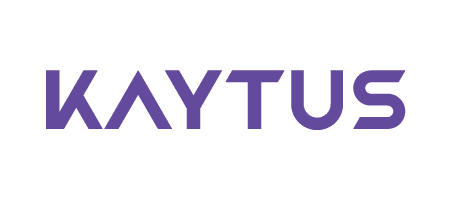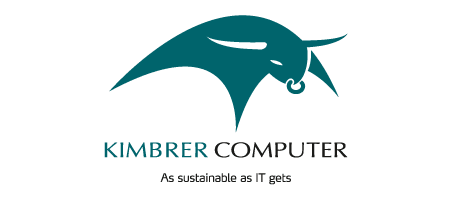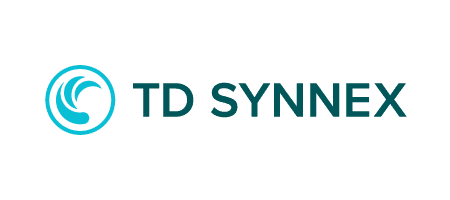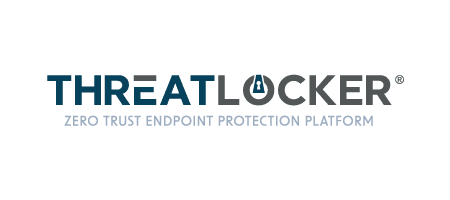Thank You For Celebrating Our 20th Anniversary With Us
Save the Date for CloudFest 2025: March 17 – 20
Upcoming Events
2024 is going to be busy! You’ll hardly have time to do some laundry, with all the business travel you’ll be doing—and all the new connections you’ll be making.

June 5-8 in Austin, Texas
10% off registration with the code
»WEROCKEDRUST«
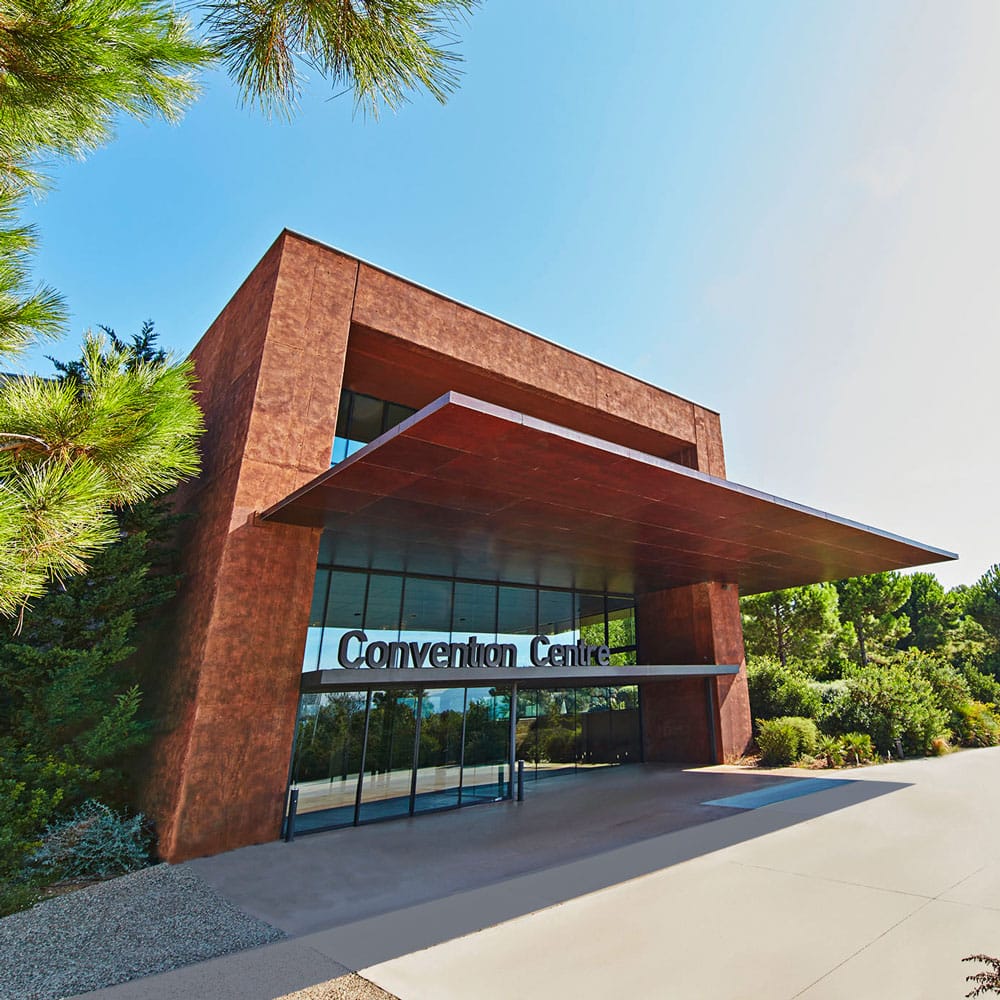
Oct. 9-10 in PortAventura, Spain
The top event for managed service providers (MSPs)
Want more CloudFest?
Get more CloudFest!
You can watch a selection of main-stage sessions on YouTube, as well as explore some of the best photos from CloudFest 2024.
March 17 – 20, 2025
Europa-Park, Germany
8,700+ Participants
250+ Speakers
150+ Partners
80+ Countries
We take over an amusement park in the Black Forest—
and yes, the park is open just for us!
Welcome to CloudFest
CloudFest is the #1 internet infrastructure event in the world, connecting the global cloud computing industry: you’ll form the partnerships that help you reach your business goals, and have a great time doing it. CloudFest returns to deliver an even bigger, more engaging live event experience that will surprise longtime attendees and first-timers alike.
This is CloudFest
The world’s largest cloud industry event is ready to once again take over a spectacular European amusement park to facilitate new partnerships, deep knowledge sharing, and the best parties the industry has ever seen. We do this because we love technology, we love people, and we’re excited for the possibilities that emerge when brilliant human beings connect.
Learn More About CloudFest
The CloudFest Agenda is now live!
2024 Speaker Lineup:
Internet Heroes and Trend-Setting Ideas
The key decision-makers and game-changers for the modern internet took the stage at CloudFest for keynotes, fireside chats, and panel discussions. These are the ideas that will change the course of your business.
Dr. Auma Obama
Founder
Sauti Kuu Foundation
Jürgen Schmidhuber
Director, KAUST AI Initiative; Scientific Director, Swiss AI Lab IDSIA;
Co-Founder & Chief Scientist, NNAISENSE
Katee Van Horn
Chief People Officer
WebPros
Peter Groth
Vice President & CTO of Service Provider Segment Development
Hewlett Packard Enterprise
Paul Mockapetris
Inventor DNS & Chief Scientist
Threatstop
Kevin Ohashi
Founder / CEO
Review Signal
Fred-Mario Silberbach
Head of Subdivision Cybercrime – Strategy and Service
BKA
Dr. Burt Kaliski
Senior Vice President and CTO
Verisign
Eliot Higgins
Founder
Bellingcat
Stephan Gillich
Head of EMEA AI Center of Excellence
Intel
Steve Crocker
President and CEO
Edgemoor Research Institute
Nii Narku Quaynor
Father of the African Internet
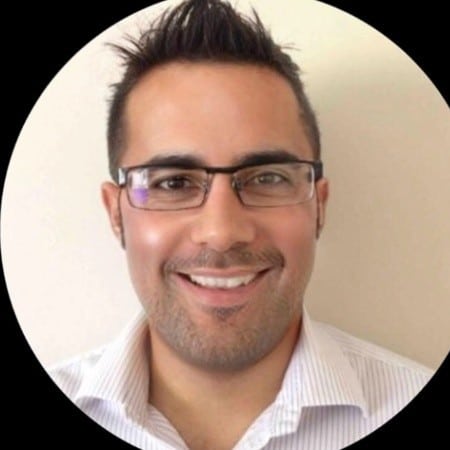
Amos Ankrah
Solutions Specialist
Boston Limited
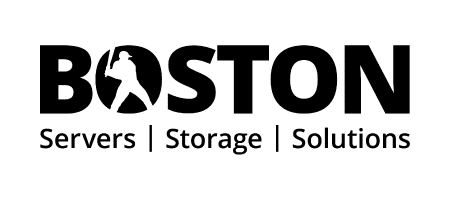
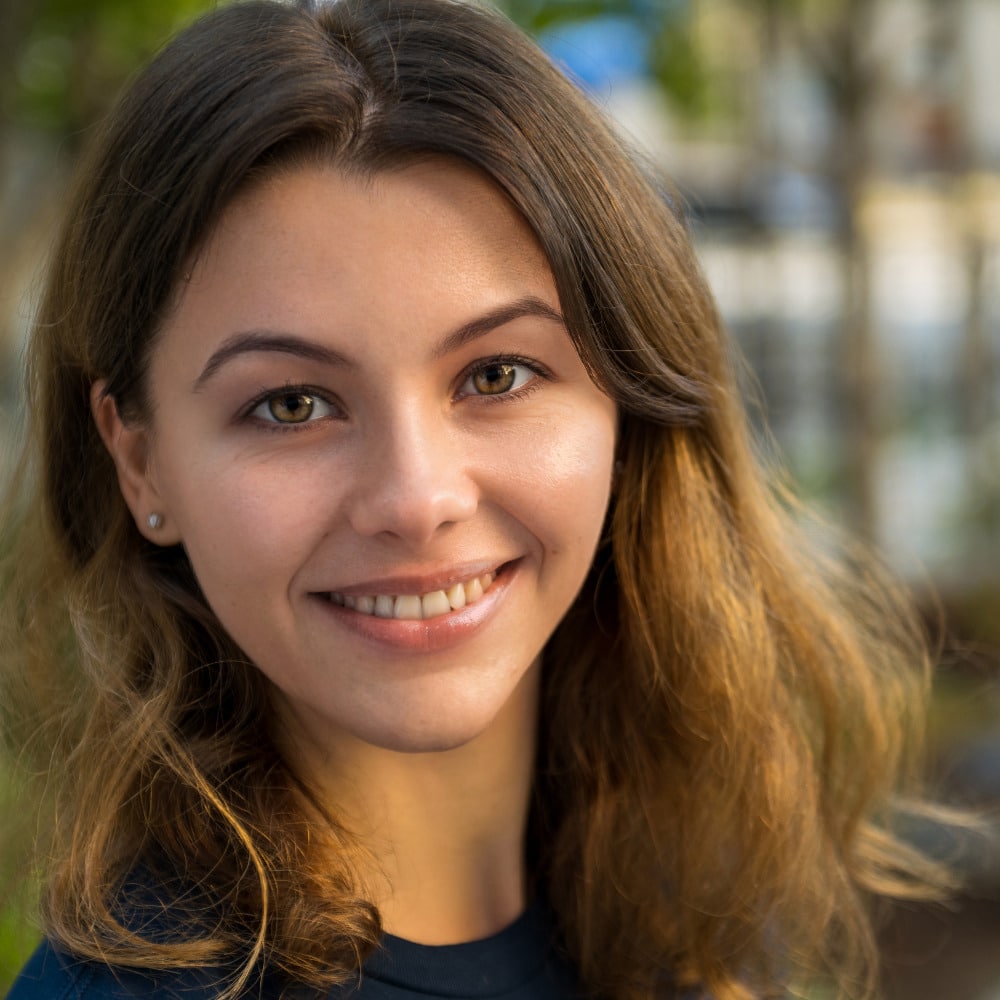
Lesya Dymyd
OCP EMEA Liaison
Open Compute Project Foundation
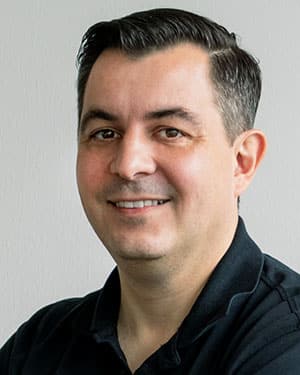
Daniel Wette
CEO & Founder
rankingCoach


Ash Lomberg
Vice President GTM – EMEA
Chargebee


Andrei Kugaevskii
Product Manager
WebPros


Till Stimberg
Director Data Services & Storage Business Unit, Central Europe
Hewlett Packard Enterprise

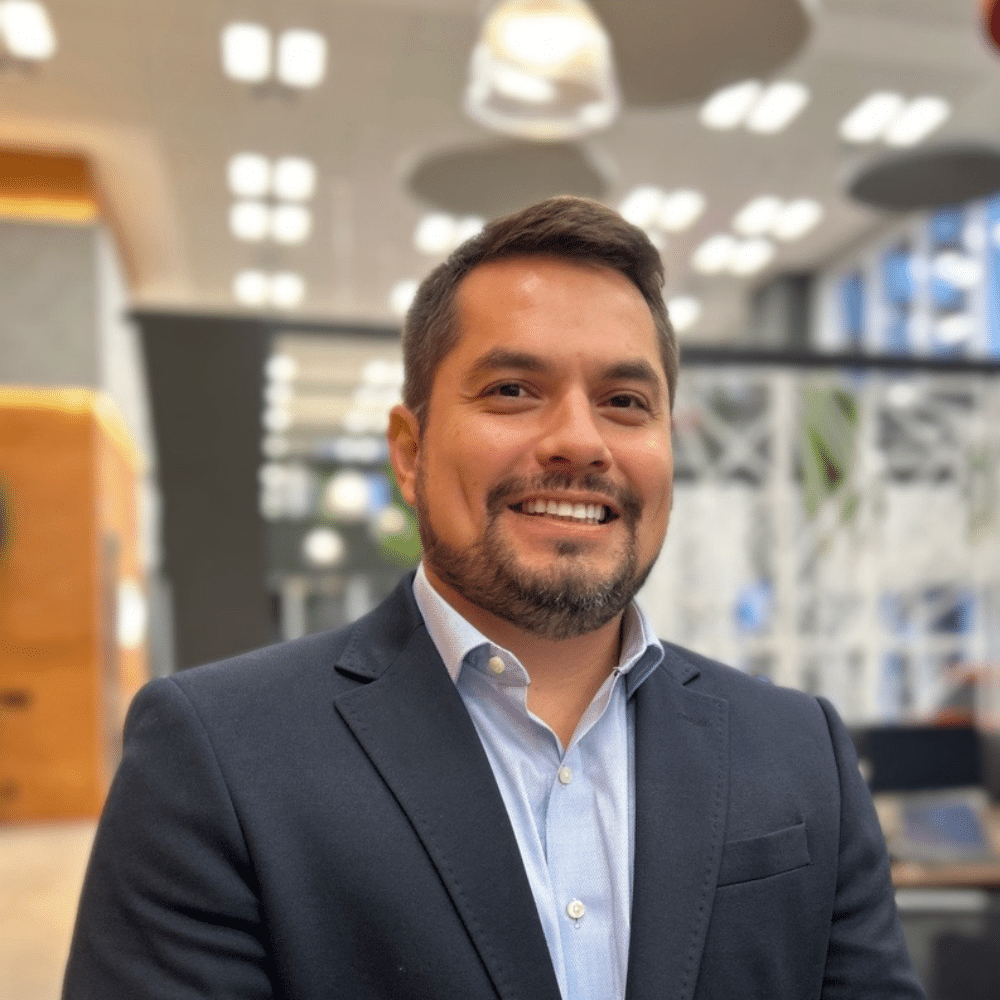
Vicente Neto
CEO
EVEO
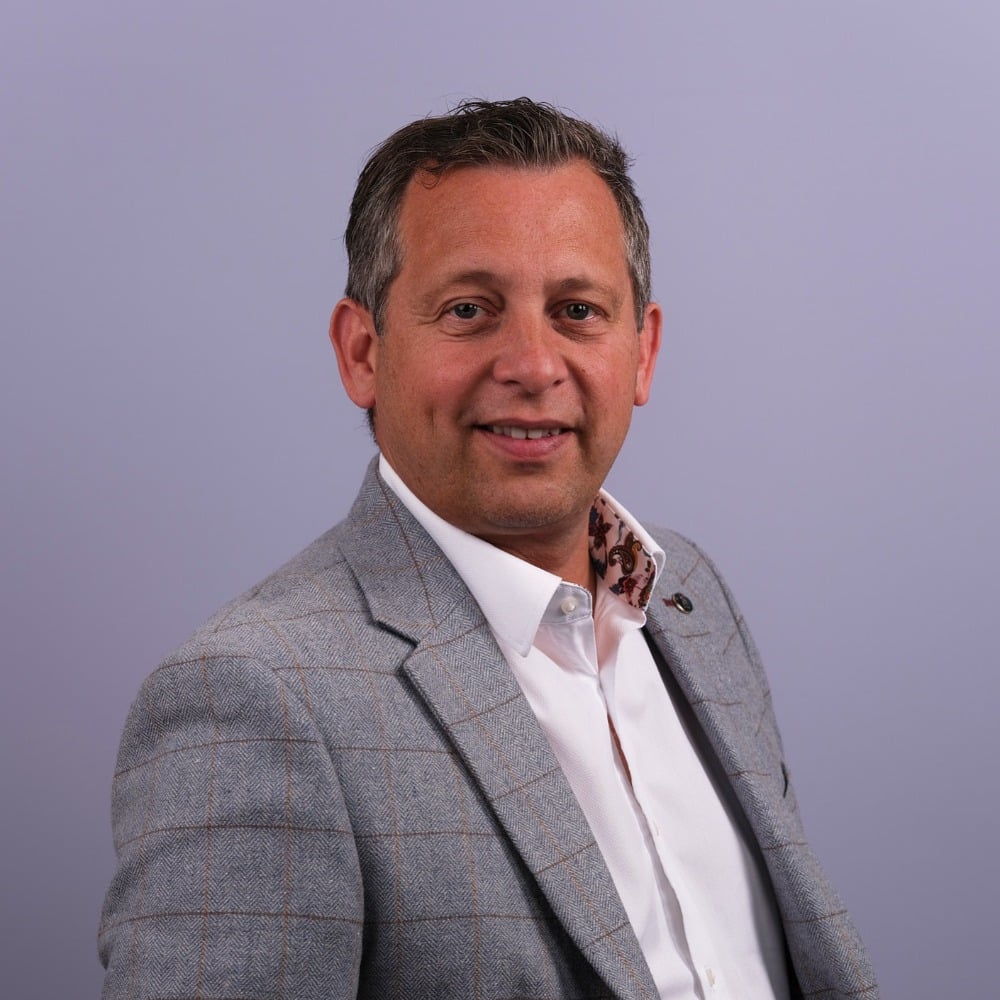
Richard Alderson
EMEA Sales and Marketing Manager
Fujifilm Recording Media GmbH


Yusuf Nurrachman
CEO
Rumahweb Indonesia
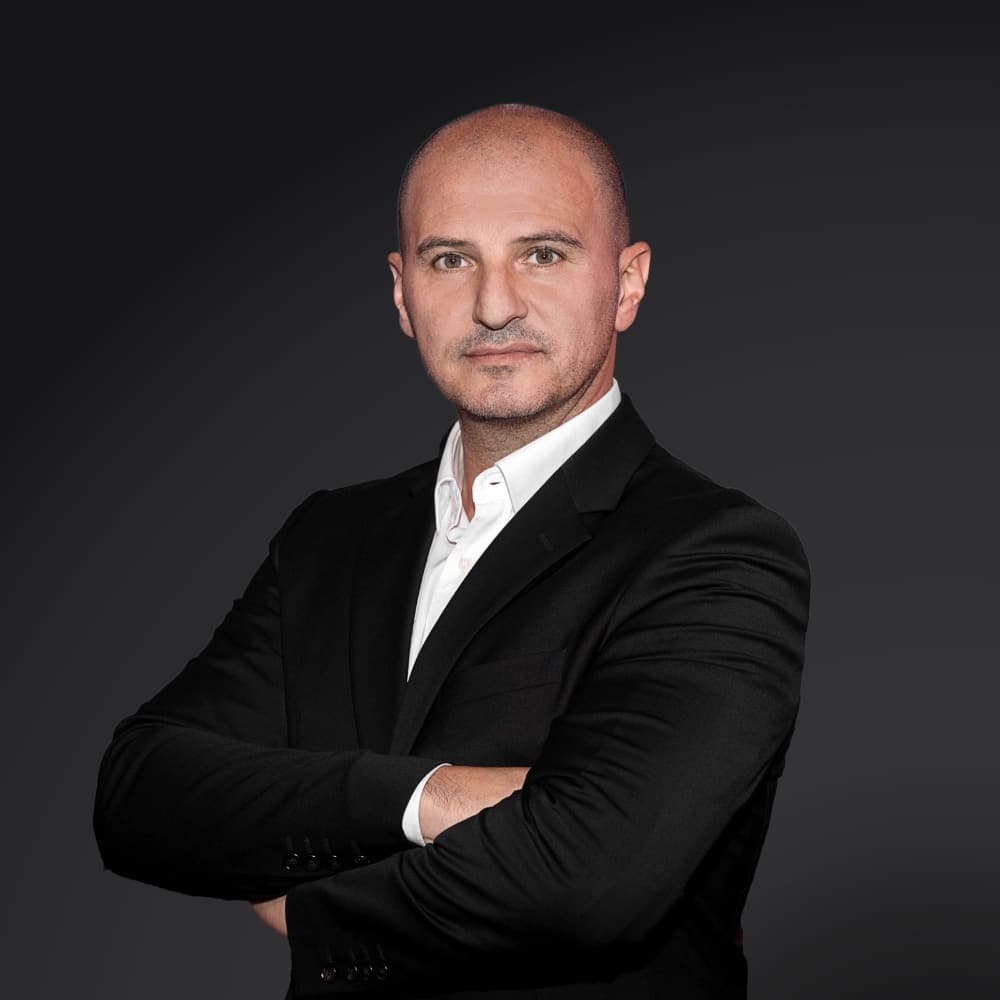
Jalal El-Youssef
VP Partner and Sales Management
QMware AG
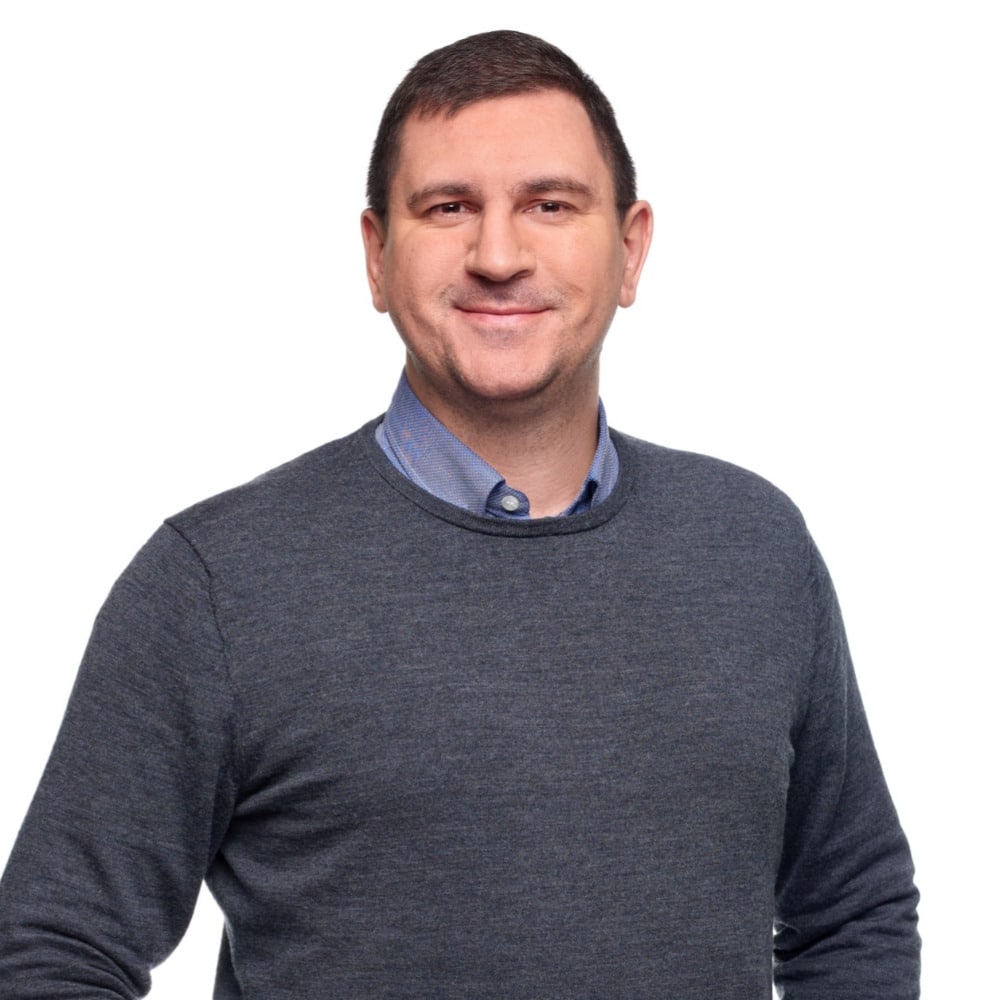
Raúl Álvarez
EMEA Regional Community Lead
Open Compute Project
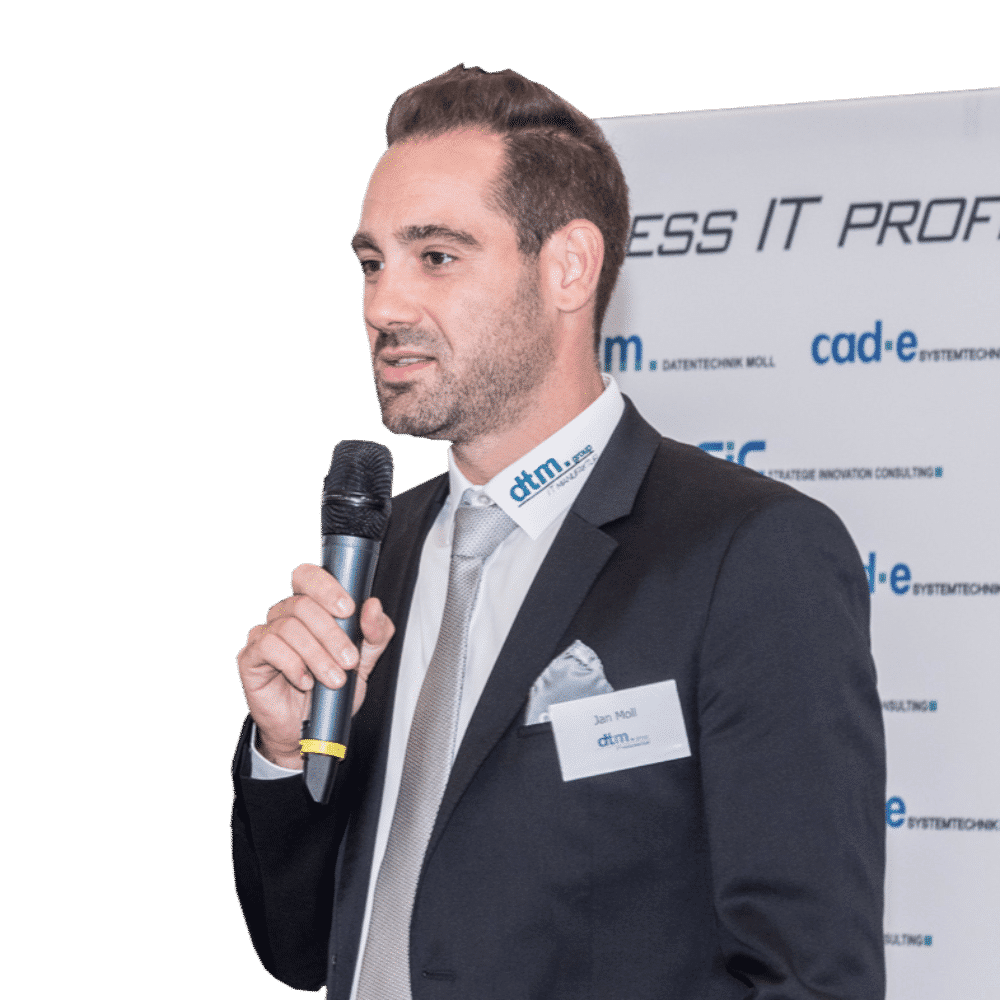
Jan Moll
CEO
dtm group

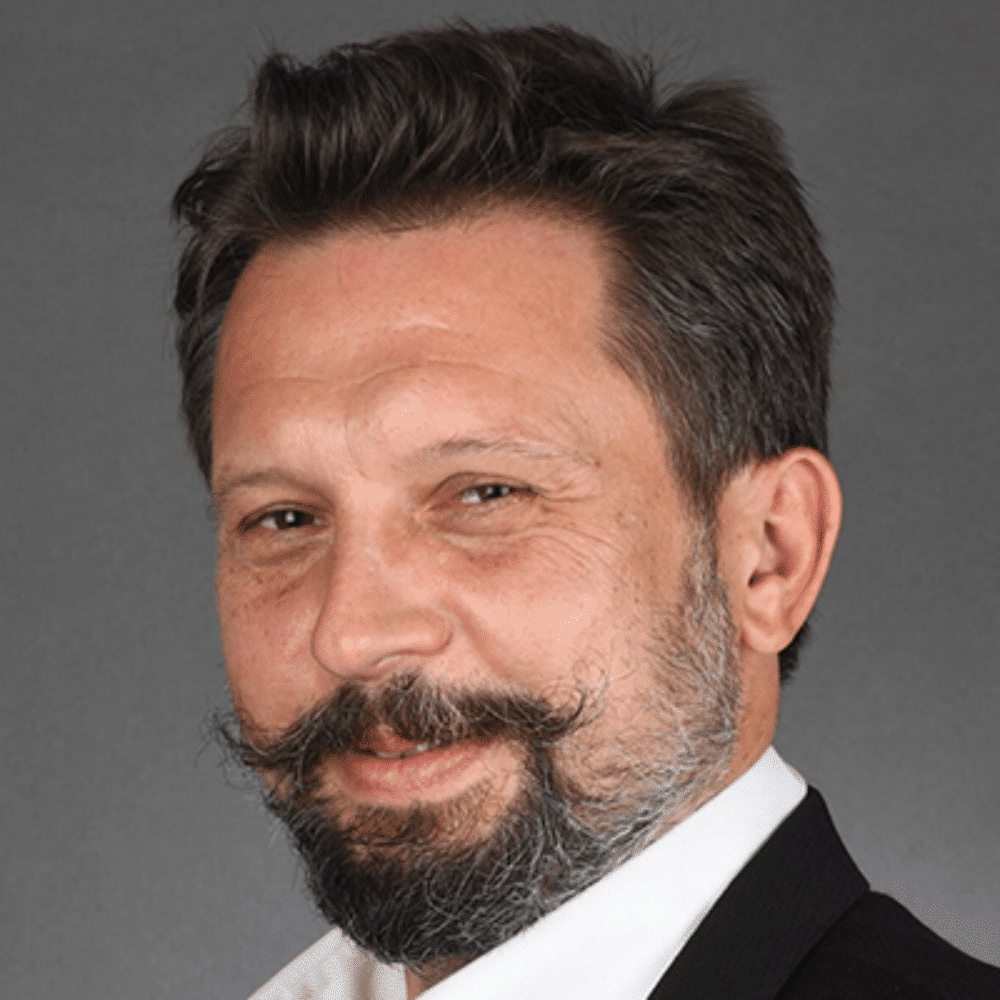
Robert Jacobi
Director, Global Alliances
BotGuard


Daniel Arabié
Country Manager Central Europe
Wasabi Technologies


Bart Beekman
CEO
Hypernode
Meet our Top-Tier Partners for 2024
These industry-leading companies helped us deliver an incredible experience for our 20th Anniversary festival. It would normally be impossible to meet with even a few of these decision-makers within a year. At CloudFest, you can meet them all within four days!
Diamond+ Partner
Diamond Partners
Platinum Partners
Want to Exhibit at CloudFest?
There’s no substitute for being at the world’s top cloud conference! Face-to-face is by far the best way to engage with customers, partners, and peers: with over 8,000 professionals eager to do business with you, it’s no surprise so many technology companies use CloudFest as the launchpad for their latest solutions. Becoming a CloudFest exhibition partner is not only easy—it also makes perfect business sense.
Your Quick Guide to CloudFest

CloudFest 2024: Bird’s-Eye View
WEEKEND
Mar 16-17
HACKATHON
(for Partners)
(reg. hackers only)
MONDAY
March 18
WP DAY
TUESDAY
March 19
EVENT DAY
powered by AMD
(VIPs only)
WEDNESDAY
March 20
EVENT DAY
powered by InterNetX
THURSDAY
March 21
EVENT DAY
CloudFest Eye Candy

